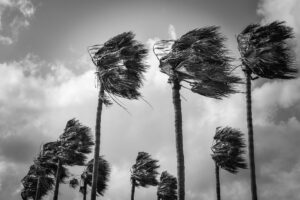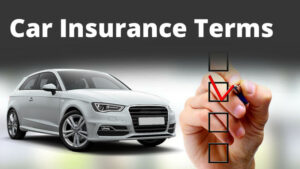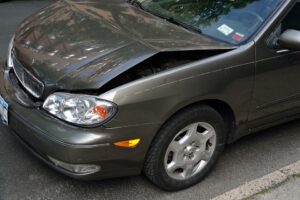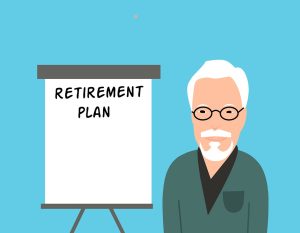 Courtesy of iii.org
Courtesy of iii.org
Hurricanes are violent and dangerous to your family and your home. When a hurricane threatens to bear down, make sure that you know how to batten down your hatches and protect yourself, your loved ones and your property.
When it’s hurricane season
Hurricane season starts June 1 and runs through November 30. But don’t wait until a warning—take steps to prepare in advance for a potential hurricane—it’s the best way to protect your family, your home and your business.
For more preparedness tips, handy checklists (including ones you can personalize yourself) and evacuation planning advice to cover a variety of disasters, get the I.I.I.’s Know Your Plan app. It’s a great tool to help get you and your family—including pets—organized and ready to act more quickly if a hurricane or other emergency strikes.
When a hurricane watch is issued
A hurricane watch is issued when there is a threat of a hurricane within a 24-36 hour period. At that time, you should:
- Purchase any emergency supplies that you don’t already have on hand. Hit the stores early, as items such as batteries, candles and flashlights will get snapped up quickly.
- Prepare your yard by removing all outdoor furniture, lawn items, planters and other materials that could be picked up by high winds. If you haven’t already, remove weak branches on plants and trees. Lower antennas and retractable awnings.
- Prepare for a potential evacuation by reviewing your evacuation plan and, if you have a pet, your pet’s evacuation plan.
- Fully charge your cellphone.
- Fill your car’s gasoline tank.
- Jot down the name and phone number of your insurer and insurance professional and keep this information handy in your wallet or purse.
When a warning is issued
A hurricane warning is issued when hurricane conditions are expected in 24 hours or less, which means a storm is imminent.
- Stay informed of the storm’s progress by listening to the radio or TV. Even better, listen to a NOAA Weather Radio for critical information from the National Weather Service (NWS).
- Install hurricane shutters, board up or otherwise securely shutter large windows and draw drapes across windows and doors.
- Get off the boat—never remain on a boat during a hurricane! Check mooring lines of boats in water.
If evacuation becomes necessary
Hopefully, you’re fully prepared with an evacuation plan. Also remember:
- Don’t wait until the last minute—shelters might be full or the roads might be jammed. If you have pets, consider traveling before an evacuation is ordered—otherwise, you might be ordered by officials to leave your pet home.
- Take along survival supplies from your list.
- Keep important papers with you at all times, including your home inventory and make sure you have the name and phone number of your insurance professional.
- Take warm, protective clothing for the whole family in case you get stuck.
- Lock all windows and doors on your home. Don’t compound hurricane damage with the threat of possible looters.
- Keep all receipts for anything that might be considered to be an additional living expense (ALE) in the event your home is destroyed or damaged and rendered uninhabitable.
If you remain at home during a hurricane
Stay indoors. Don’t go out even during the brief calm when the eye of the storm passes over as wind speeds can increase dramatically in seconds.
- Stay away from windows and glass doors and move furniture away from exposed doors and windows.
- Stay on the downwind side of house. If your home has an “inside” room, stay there during the height of the hurricane.
- Keep the television or radio tuned into information from official sources.
After the hurricane, beware of the dangers that remain
The storm may have passed, but it likely has created new dangers.
- Beware of outdoor hazards like loose or fallen tree limbs, loose signage or awnings that are in danger of breaking off and falling.
- Keep away from loose or dangling power lines, and report them immediately to the proper authority.
- Walk or drive extra cautiously as washouts may weaken road and bridge structures.
- In the event of a power outage, throw out food that may be spoiled.
- Boil municipal water before drinking until you have been told it is safe.
If your home is damaged
Notify your insurance professional as soon as possible of any losses. If you had to relocate, let your representative know where you can be contacted. In addition:
- Make temporary repairs—if they can be made safely—to protect property from further damage or looting; for insurance purposes, keep all receipts for materials used.
- Get written estimates for any proposed repair jobs and use only reputable contractors. Be especially careful of building contractors who want huge deposits up front or encourage you to spend a lot of money on temporary repairs. Ask for their references and check with the Better Business Bureau on complaints.
- Gather any other receipts for expenses that will be covered by insurance or will be tax deductible.



